News

Extracting hydrogen from rocks | MIT News
It’s commonly thought that the most abundant element in the universe, hydrogen, exists mainly alongside other elements — with oxygen in water, for example, and with carbon in methane. But naturally occurring underground pockets of pure hydrogen are punching holes in that notion — and generating attention as a potentially unlimited source of carbon-free power. One…
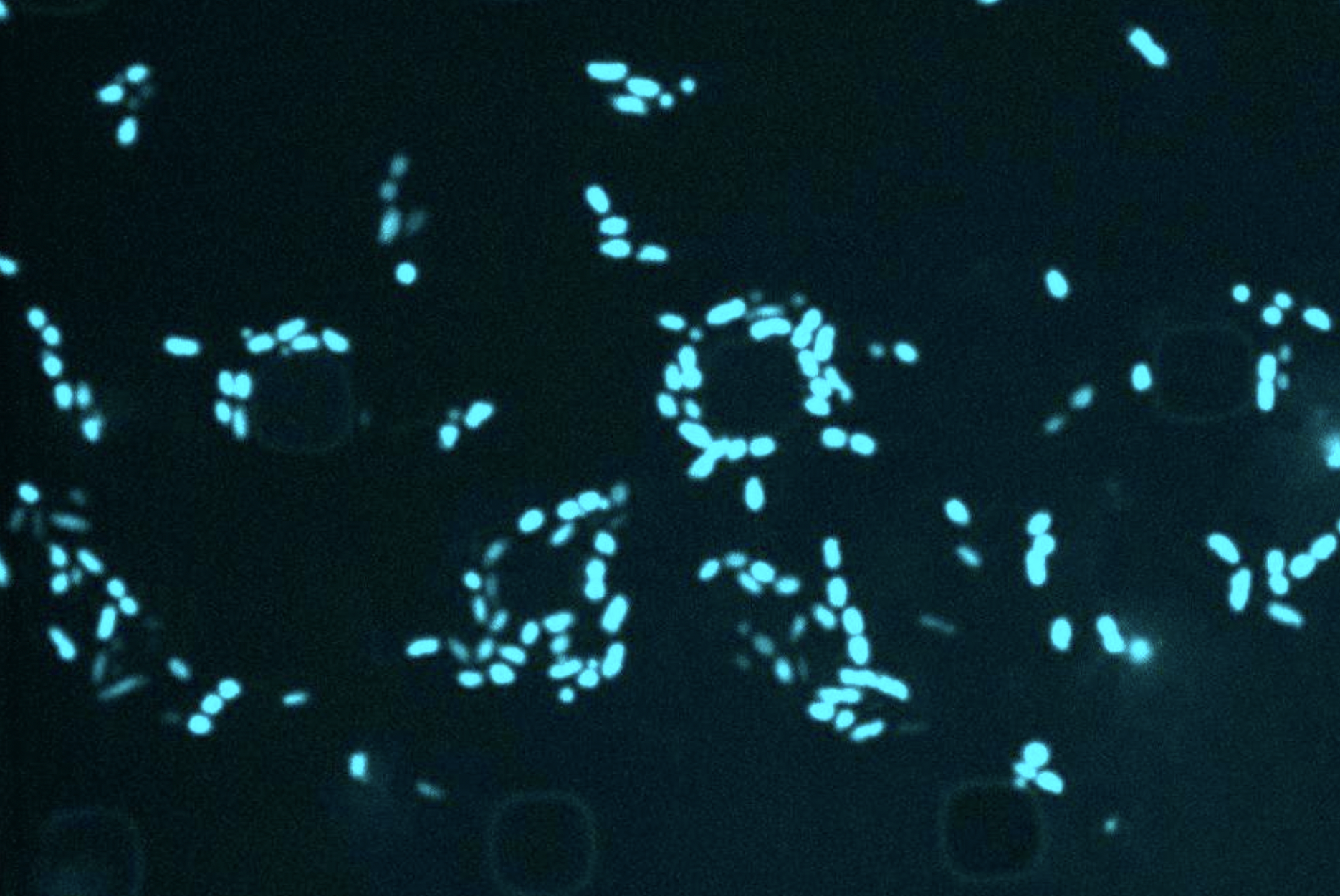
When an antibiotic fails: MIT scientists are using AI to target “sleeper” bacteria | MIT News
Since the 1970s, modern antibiotic discovery has been experiencing a lull. Now the World Health Organization has declared the antimicrobial resistance crisis as one of the top 10 global public health threats. When an infection is treated repeatedly, clinicians run the risk of bacteria becoming resistant to the antibiotics. But why would an infection return…
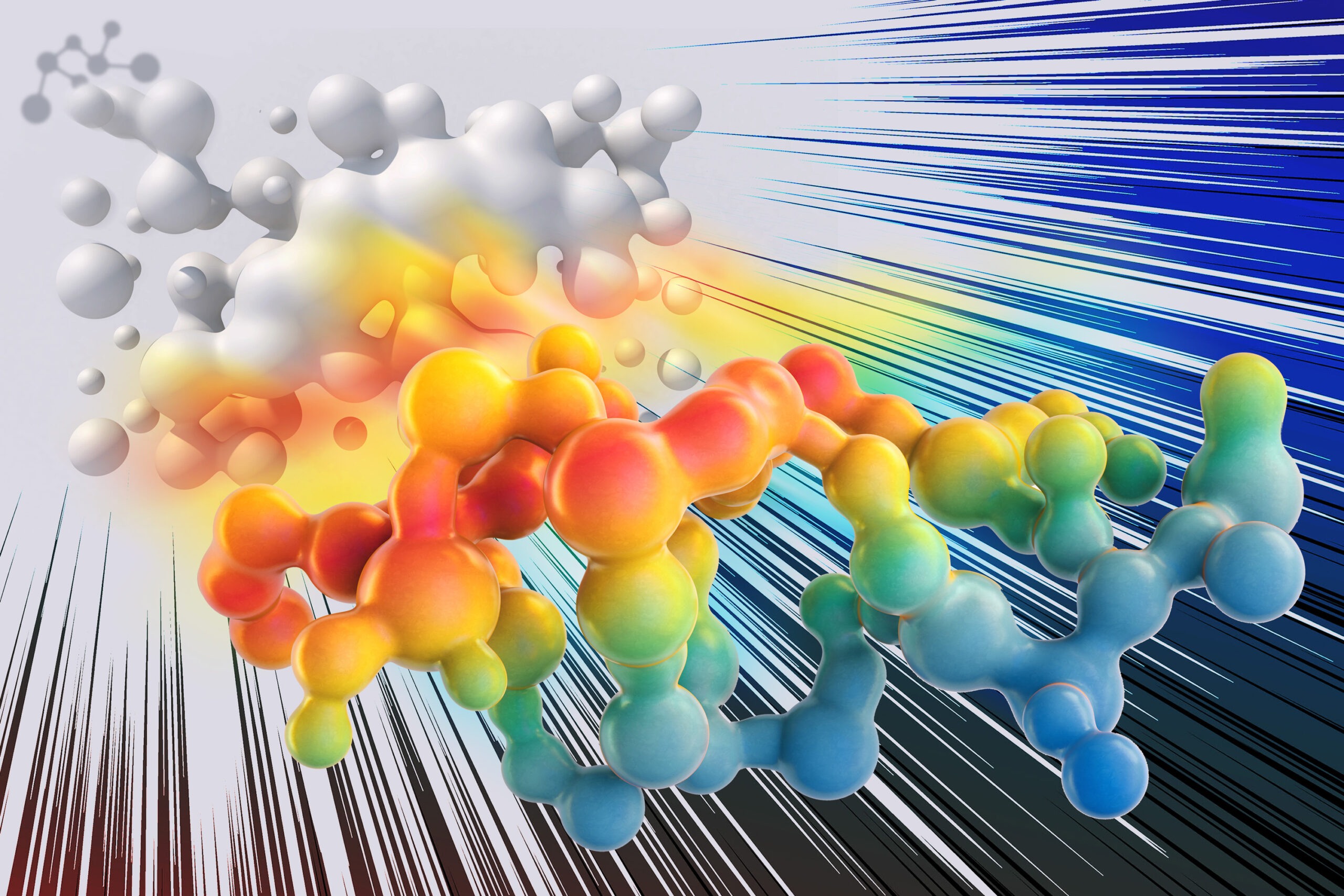
A new computational technique could make it easier to engineer useful proteins | MIT News
To engineer proteins with useful functions, researchers usually begin with a natural protein that has a desirable function, such as emitting fluorescent light, and put it through many rounds of random mutation that eventually generate an optimized version of the protein. This process has yielded optimized versions of many important proteins, including green fluorescent protein…
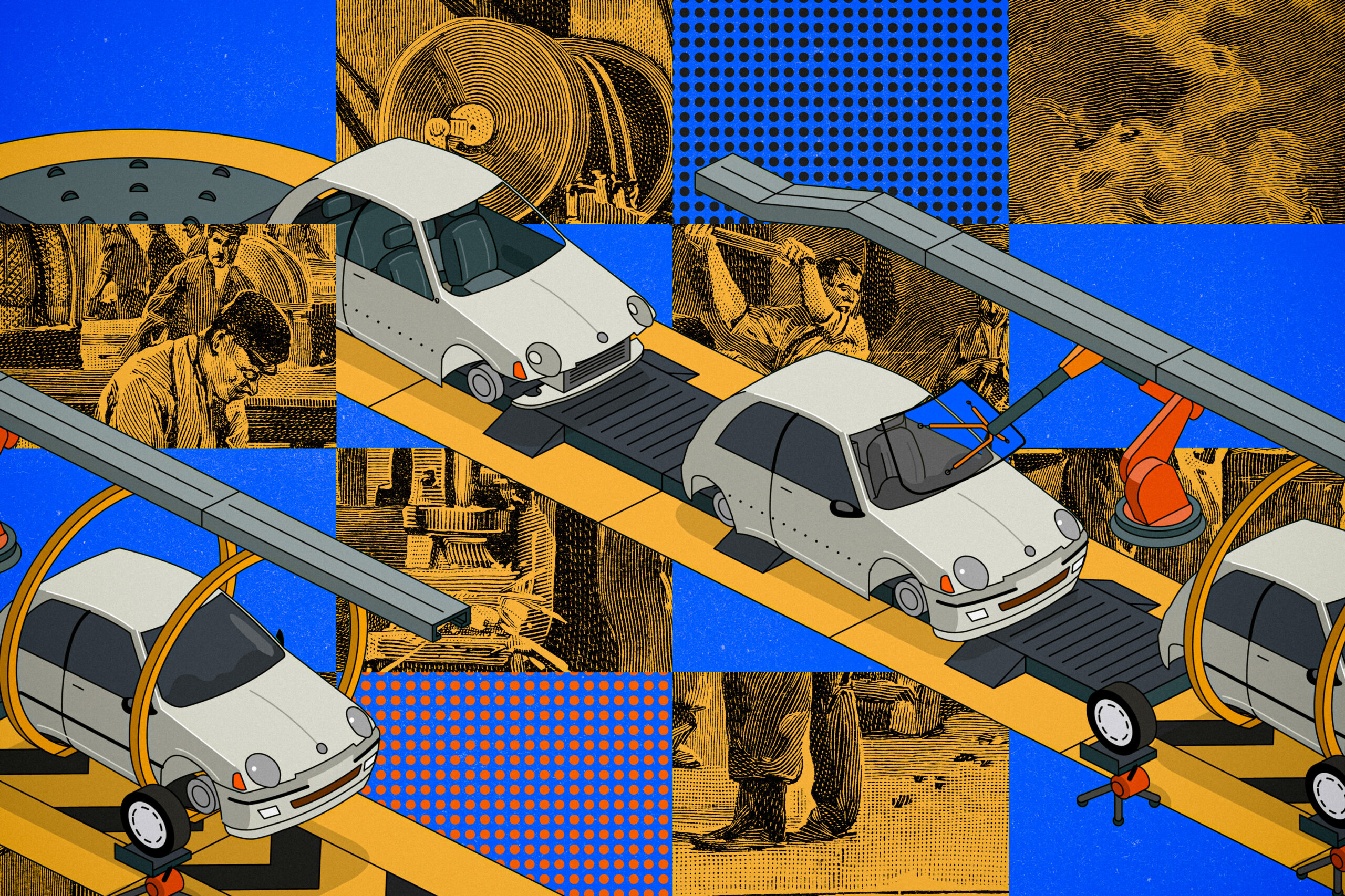
Does technology help or hurt employment? | MIT News
This is part 2 of a two-part MIT News feature examining new job creation in the U.S. since 1940, based on new research from Ford Professor of Economics David Autor. Part 1 is available here. Ever since the Luddites were destroying machine looms, it has been obvious that new technologies can wipe out jobs. But…
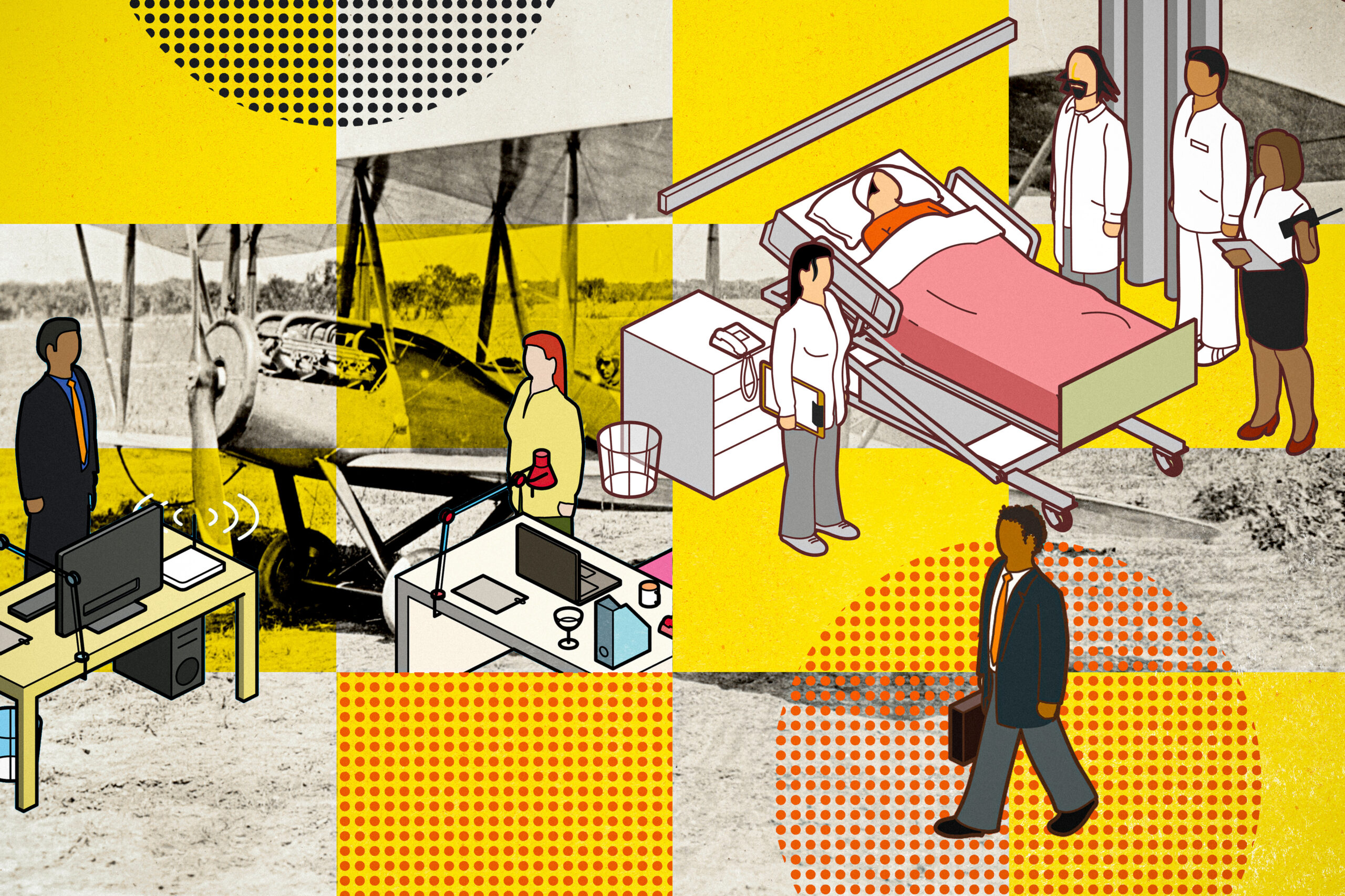
Most work is new work, long-term study of U.S. census data shows | MIT News
This is part 1 of a two-part MIT News feature examining new job creation in the U.S. since 1940, based on new research from Ford Professor of Economics David Autor. Part 2 is available here. In 1900, Orville and Wilbur Wright listed their occupations as “Merchant, bicycle” on the U.S. census form. Three years later,…
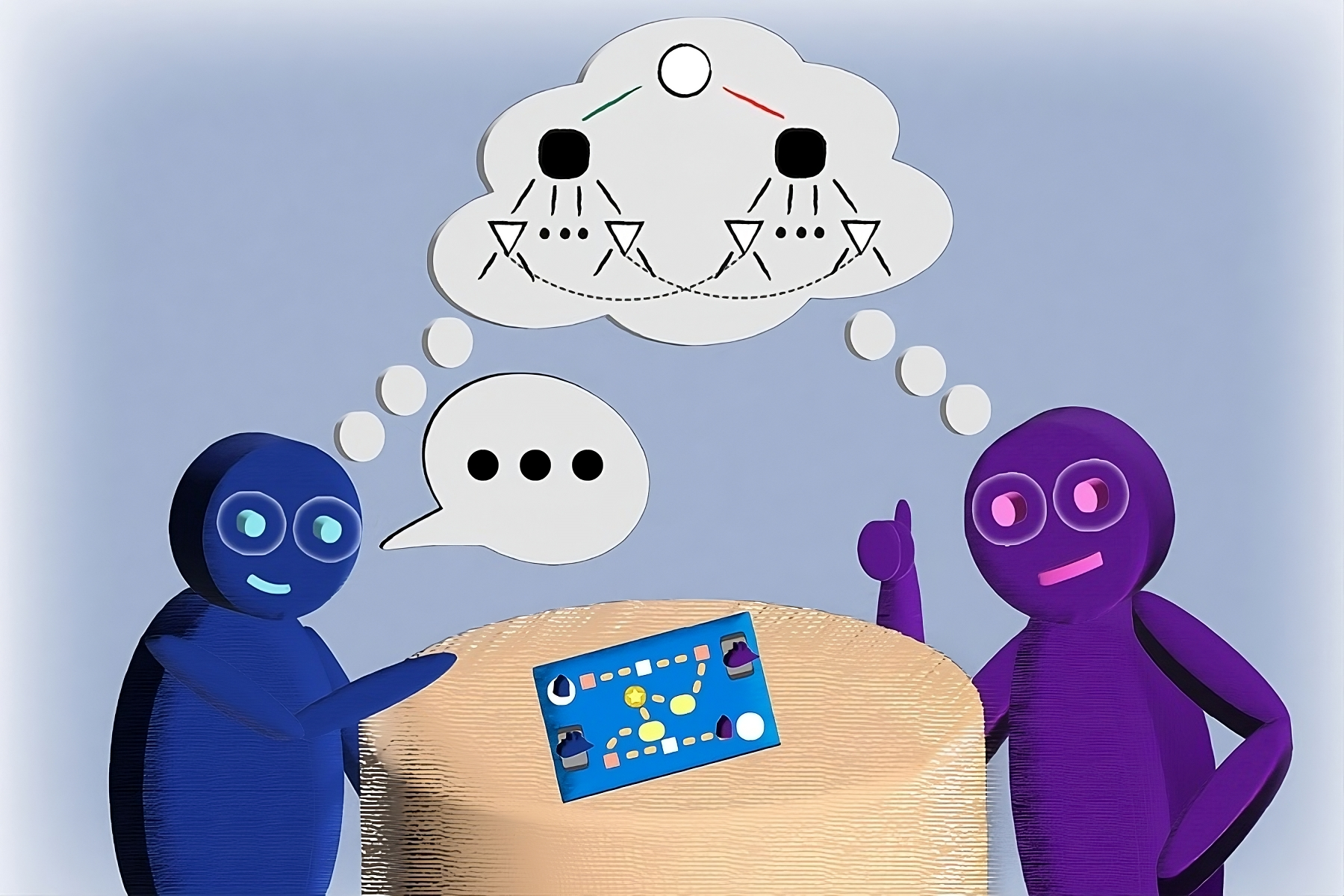
Researchers create “The Consensus Game” to elevate AI’s text comprehension and generation skills | MIT News
Imagine you and a friend are playing a game where your goal is to communicate secret messages to each other using only cryptic sentences. Your friend’s job is to guess the secret message behind your sentences. Sometimes, you give clues directly, and other times, your friend has to guess the message by asking yes-or-no questions…

MIT launches Working Group on Generative AI and the Work of the Future | MIT News
From students crafting essays and engineers writing code to call center operators responding to customers, generative artificial intelligence tools have prompted a wave of experimentation over the past year. At MIT, these experiments have raised questions — some new, some ages old — about how these tools can change the way we live and work. …
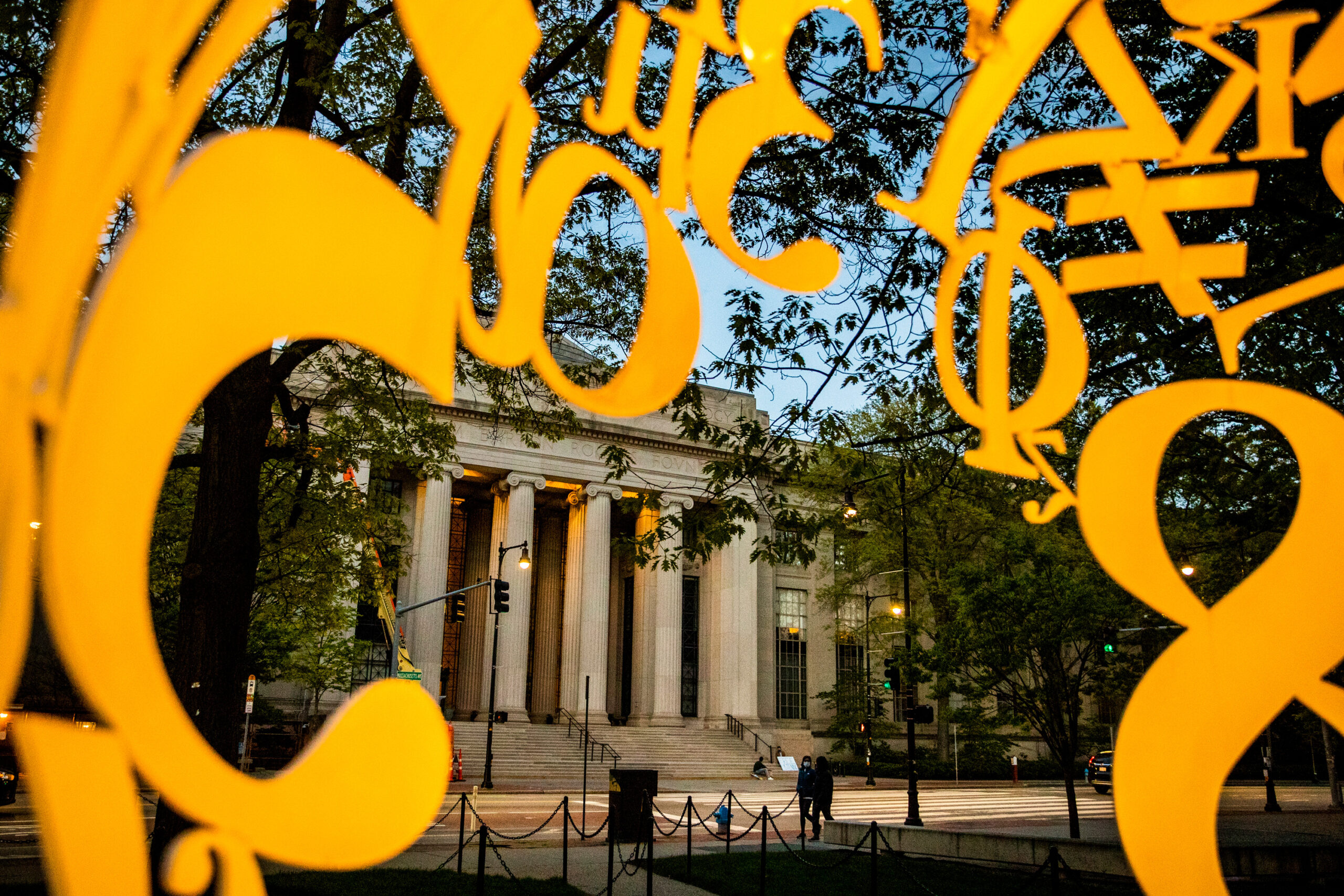
Second round of seed grants awarded to MIT scholars studying the impact and applications of generative AI | MIT News
Last summer, MIT President Sally Kornbluth and Provost Cynthia Barnhart issued a call for papers to “articulate effective roadmaps, policy recommendations, and calls for action across the broad domain of generative AI.” The response to the call far exceeded expectations with 75 proposals submitted. Of those, 27 proposals were selected for seed funding. In light…

MIT-derived algorithm helps forecast the frequency of extreme weather | MIT News
To assess a community’s risk of extreme weather, policymakers rely first on global climate models that can be run decades, and even centuries, forward in time, but only at a coarse resolution. These models might be used to gauge, for instance, future climate conditions for the northeastern U.S., but not specifically for Boston. To estimate…
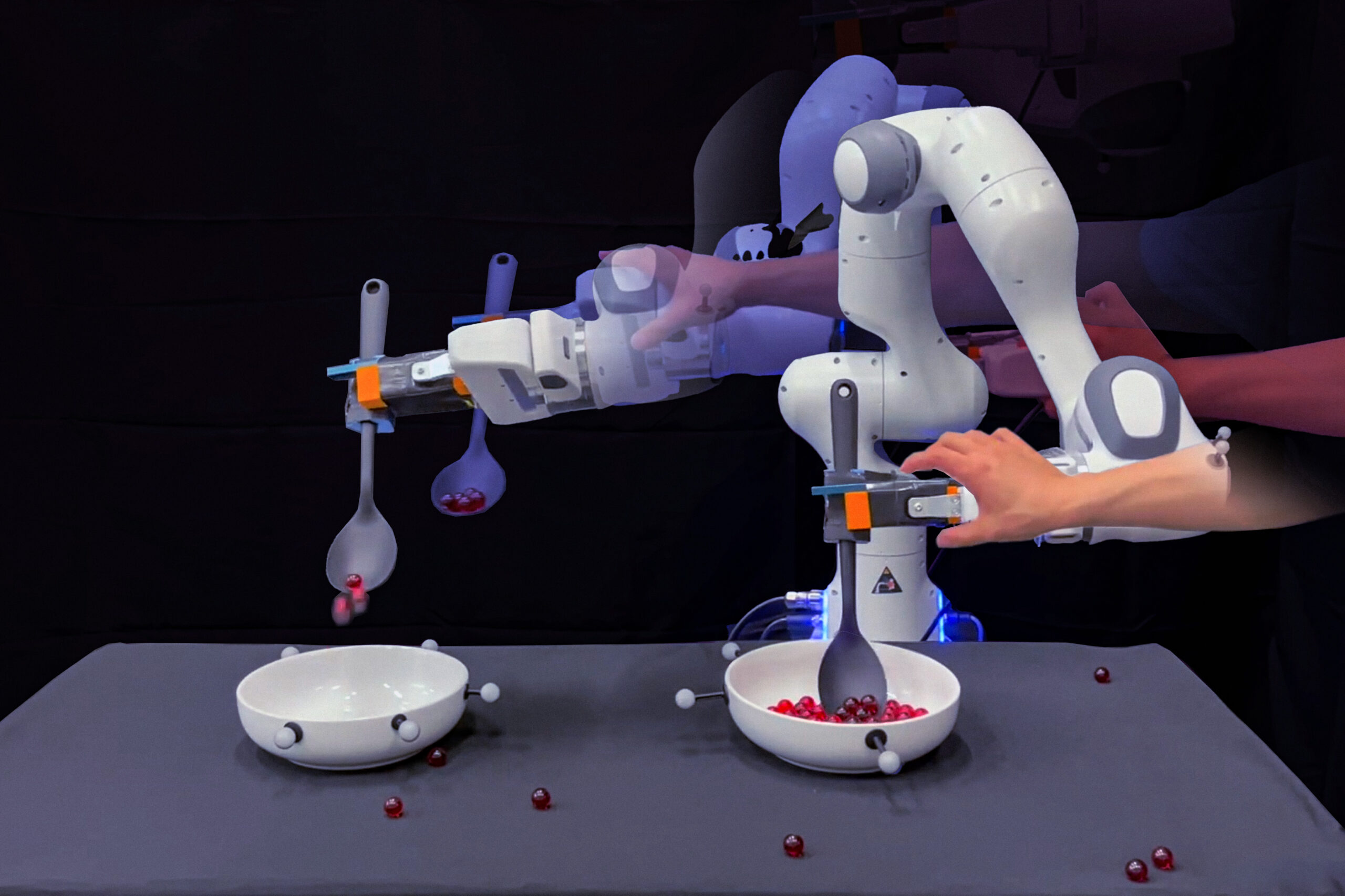
Engineering household robots to have a little common sense | MIT News
From wiping up spills to serving up food, robots are being taught to carry out increasingly complicated household tasks. Many such home-bot trainees are learning through imitation; they are programmed to copy the motions that a human physically guides them through. It turns out that robots are excellent mimics. But unless engineers also program them…